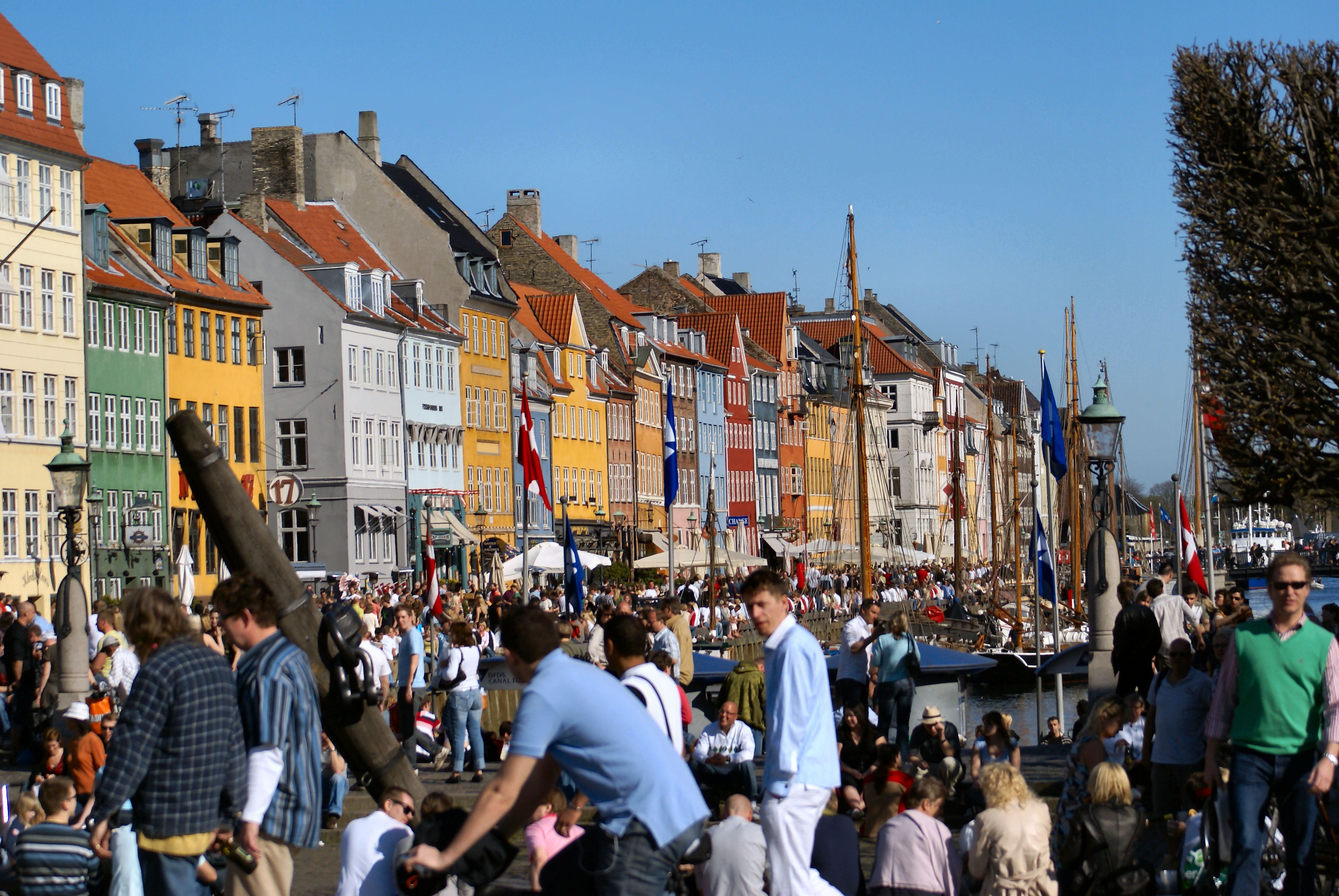Following yesterday’s informal meeting of EU leaders, PM Helle Thorning-Schmidt (Socialdemokraterne) remains determined to produce a European growth treaty before the end of the Danish EU Presidency in July.
But reports from within the negotiations suggest that European leaders are far from establishing any consensus on how to balance the need for economic growth in Europe while also keeping spending and public debt down.
The election of France's new president, François Hollande, has not helped the talks due to his opposition to the fiscal compact treaty that was fashioned by his predecessor, Nicolas Sarkozy, together with German Chancellor Angela Merkel.
Hollande has threatened not to ratify the agreement, which places stricter regulations on government spending, unless the EU also agrees upon some measures for growth. But his powerful German neighbour rejected several of Hollande's proposals out of hand during the talks, escalating the conflict between the leaders.
“I cannot deny that the French president is convinced that Eurobonds are an instrument that in the long term could be put into use,” Thorning-Schmidt said after the meeting, according to Politiken newspaper. “The German chancellor does not agree.”
The proposed Eurobonds would be a means for European countries to raise money together on the markets and provide countries such as Greece and Spain with cheaper ways of raising money.
Merkel's objections lie in the belief that Greece needs to follow through with its economic reforms rather than being given cheap money, and that Eurobonds are not permitted under neither German nor EU legislation.
Eurobonds were not the only proposal that Merkel dismissed, however, with suggestions to allow the European Central Bank a greater role in recapitalising ailing banks also getting shot down.
Germany has expressed support for simpler moves such as increasing the role of the European Investment Bank and using surplus EU structural funds, though reports from the Guardian newspaper suggest that the French find these proposals to be insufficient to properly stimulate growth across Europe.
Despite Merkel's stubbornness to consider the French proposals, reports suggest her pro-austerity camp is losing ground to Hollande and his crusade for growth measures.
And while Thorning-Schmidt has been a public supporter of Merkel’s austerity drive, she adopted a more diplomatic tone after the meeting and denied that there were any major disagreements during the negotiations.
“Getting our finances in order and creating growth are two sides of the same coin. Everyone agrees on this,” Thorning-Schmidt said, according to Politiken. “People were prepared for a big battle in the EU tonight. That did not happen in the room I was in.”
With European leaders agreeing to put off making any decisions about growth measures until after Greek and French parliamentary elections in mid-June, the timetable is tight if Thorning-Schmidt wants to sign off on a growth treaty before the Danish Presidency of the EU ends on July 1.
There was one glimmer of consensus from the European leaders, however, as they decided that it was vital to keep Greece within the Eurozone despite increasing speculation over the likelihood of a Greek exit following its tumultuous parliamentary elections in April.











